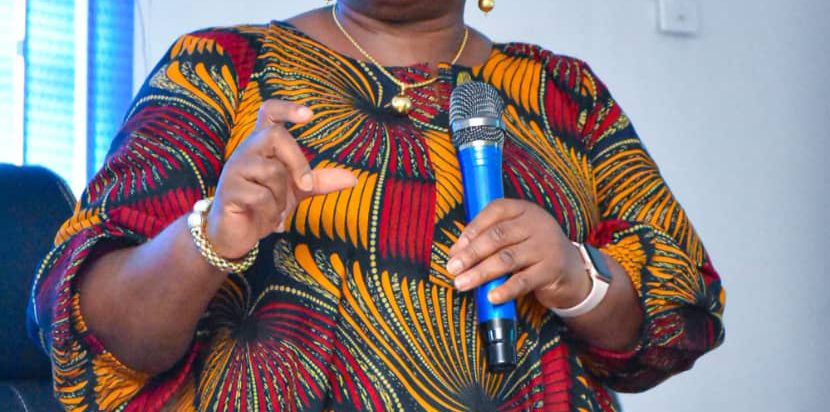In its bid to improve on the internally generated revenue for the State, the Kwara State Internal Revenue Service (KW-IRS) held a one-day training and sensitization workshop for all revenue officers of the 16 Local Government Councils of the State, today, Thursday 21st of April, 2022 at the Corporate Head Office of the Service, in Ilorin.
The session which aimed at discussing areas of divergence and convergence in revenue mobilization between the State and Local Government, also identified ways to better collaborate for the overall gains of the State.
In her opening remarks, the Executive Chairman, KW-IRS, Shade Omoniyi reiterated the importance of synergy between the State and Local Government, stating that the training will not only afford both tiers of government better understanding on ways to stopping working at cross purpose,but will also look at collectibles as provided by law for each tier of government to determine where there is need to conceive for one another for growth of IGR.
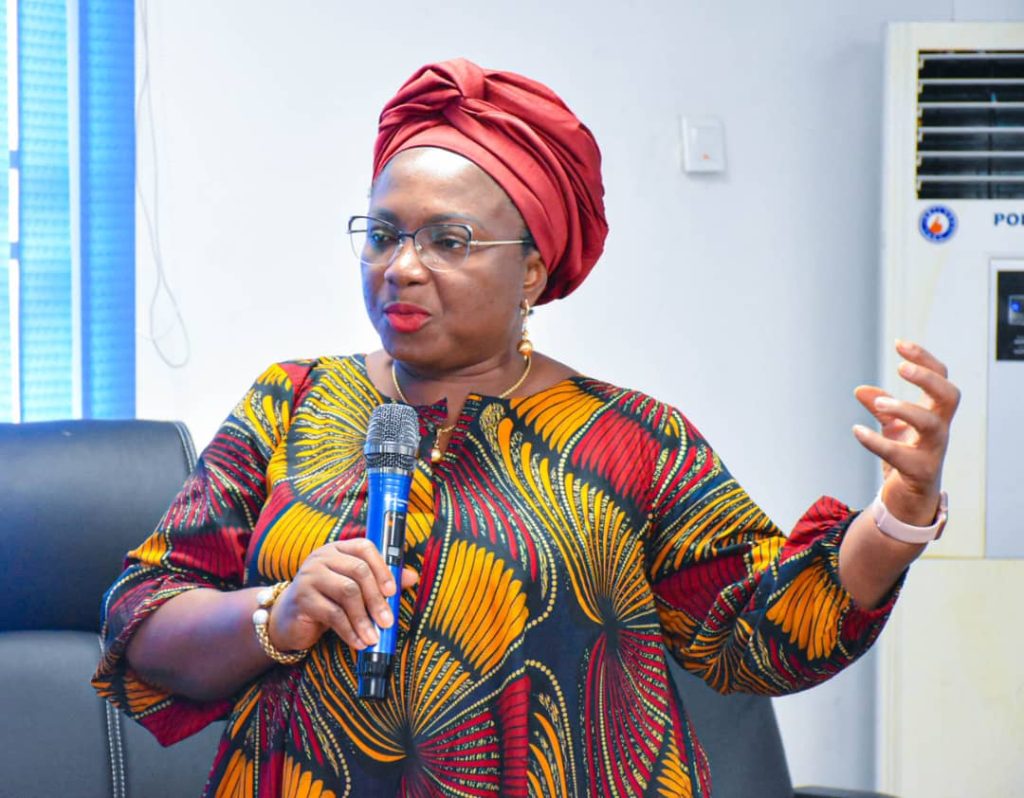
Shade Omoniyi reminded participants that she operates an open door policy for discussion on ideas that could enhance revenue drive and collections for the State. She did not fail to mention that the core mandate of KW-IRS remains mobilization of revenue for the strategic development of the State and also that KW-IRS does not have access to the IGR being generated for the State.
Omoniyi assured periodic engagement of the revenue officers of the Local Government in a training session as this for better synergy and understanding of revenue generation.
The session had presentations of four papers from staff of KW-IRS which revolved around the approved list of collections for Federal, State and Local Governments, field experiences, challenges and way forward, collaboration and the ticketing model of collection, and Areas of contention and conflicts between State and Local Government.
Making his presentation at the training, Sunday Agbana of KW-IRS stated that the schedule of the (Approved List of Collection) Act 2015 as amended consists of 9, 25 and 21 revenue items of collections for the Federal, State and Local Governments respectively, adding that any tier of government that collects revenue outside what is statutorily allocated to it by the Act becomes illegal collector.
Agbana further stated that, stages in revenue collection involves basically assessment, collection and appropriate accounting of all collections.
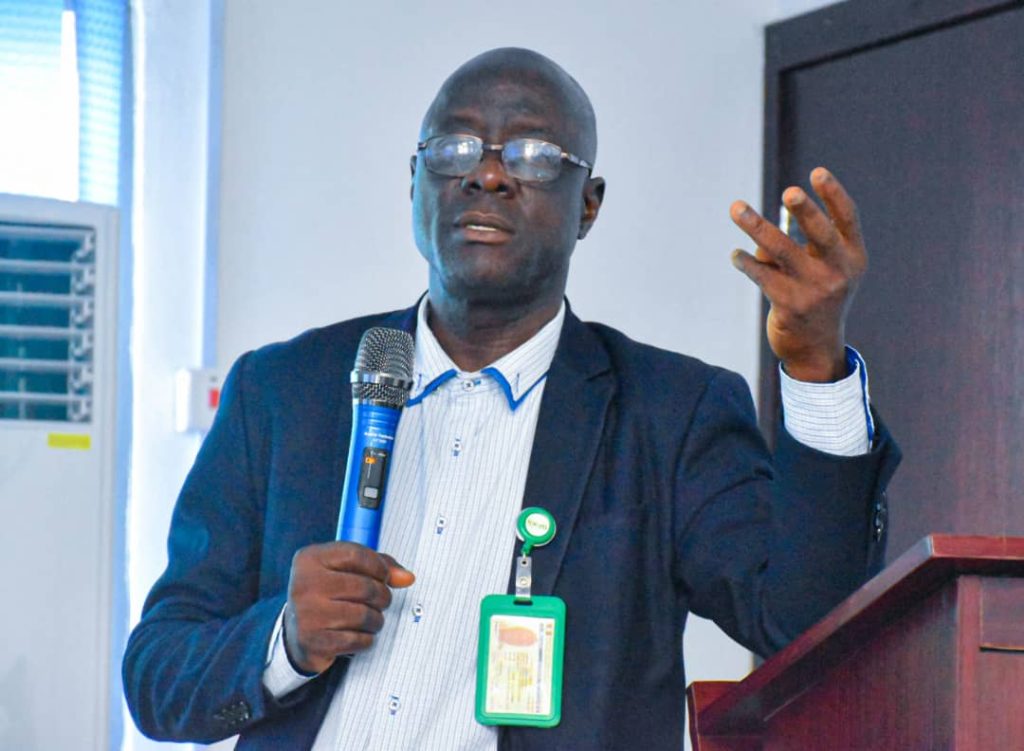
Speaking on experiences on the field of revenue mobilization, Femi Oguntokun and Biriso Lawal of KW-IRS highlighted ignorance of the law, lack of adequate synergy, low reception of technology, unlawful and arbitrary charges, unhealthy competition between the State and Local Government, and misconceptions about activities of the State as core challenges at the respective Local Government Area of the State, with a call to all on the need to have the interest of the State at hearts to aid the developmental agenda of the government.
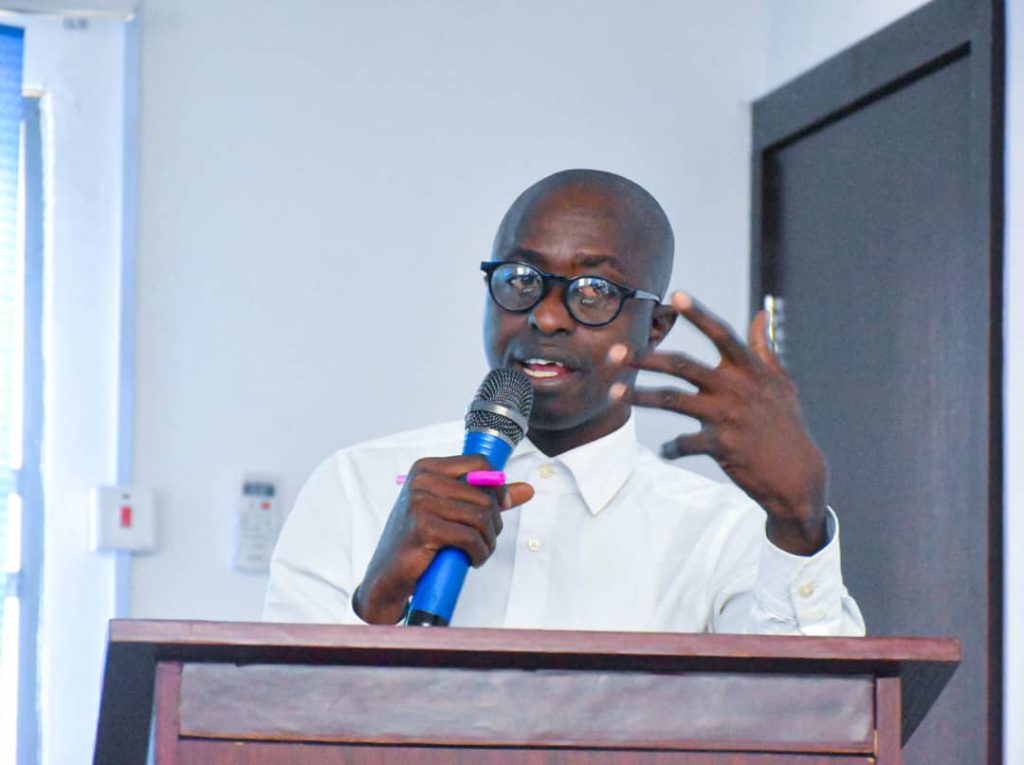

The third paper by Maimunat Amasa further stated that, collaboration between the two tiers of government of the State will bring about increased collection, reduction of revenue leakages, reduced stakeholders’ interference, and seamless collection from taxpayers.
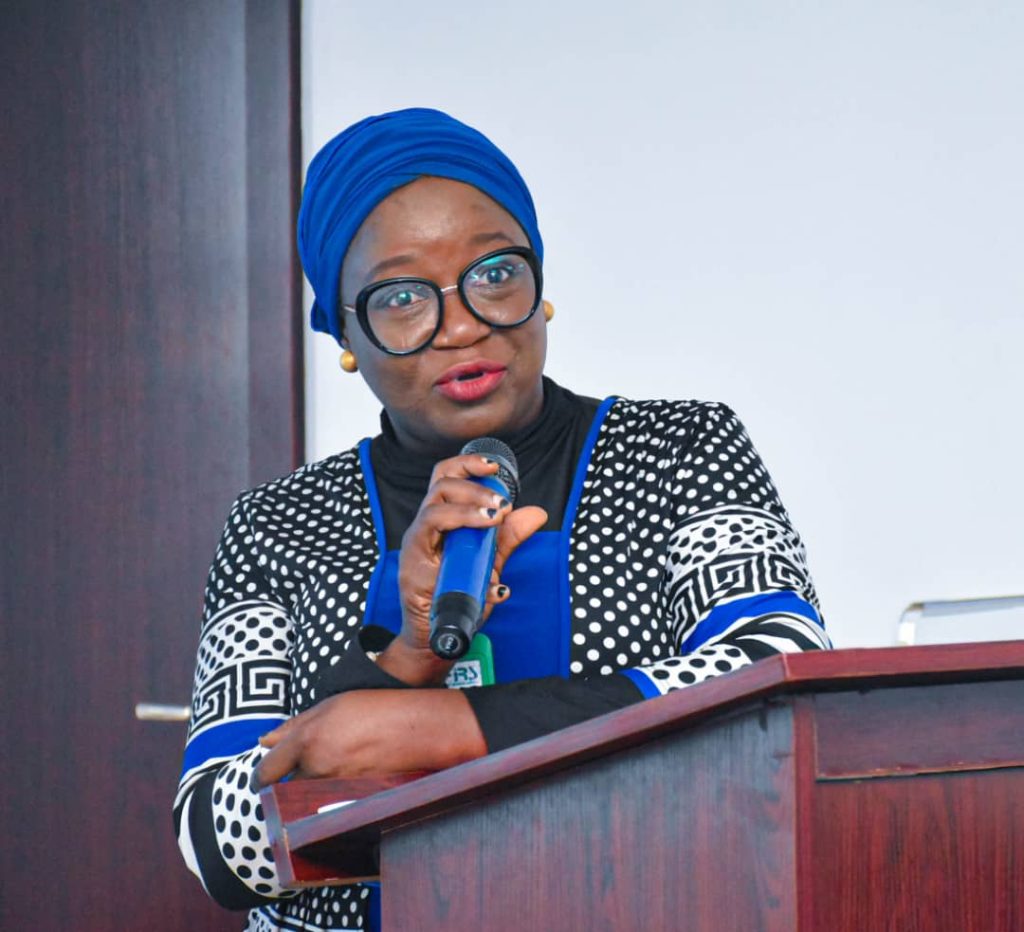
In his presentation, the Director, Legal and compliance, KW-IRS, Shehu Abdullahi, exposed participants to the major areas of contentions in revenue drive and collection which he grouped under territorial contention and tax collection conflict.
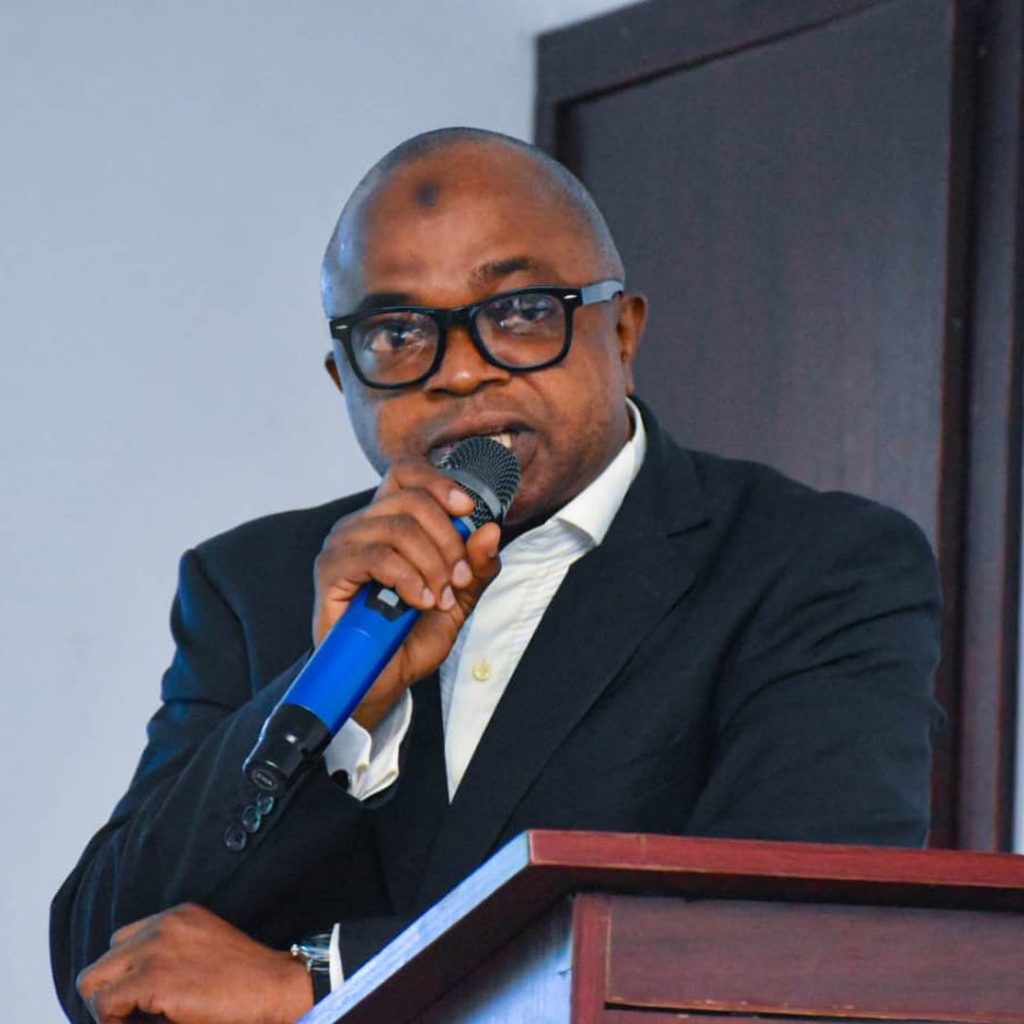
He stated that every aspect of taxation and revenue are backed up by law and Revenue Officers must follow it to the letter. Shehu Abdullahi charged the Local government to restrict itself to collection of relevant revenue within its designated boundaries and not to operate outside of its legal boundary.
Contributors at the session implored Local Government to desist from using touts and incompetent personnel for revenue collection, with charge that revenue officers should be open to learning of tax administration and position of the law on all lines of revenue.
The closing remarks by the Director, Income Tax KW-IRS, Mohammed Usman appreciated all participants and admonished both State and Local Government to ensure adequate harnessing of resources for an improved internally generated revenue, as it is not possible to obtain all resources needed to fund activities of government from the dwindling Federation Account Allocation Committee (FAAC).
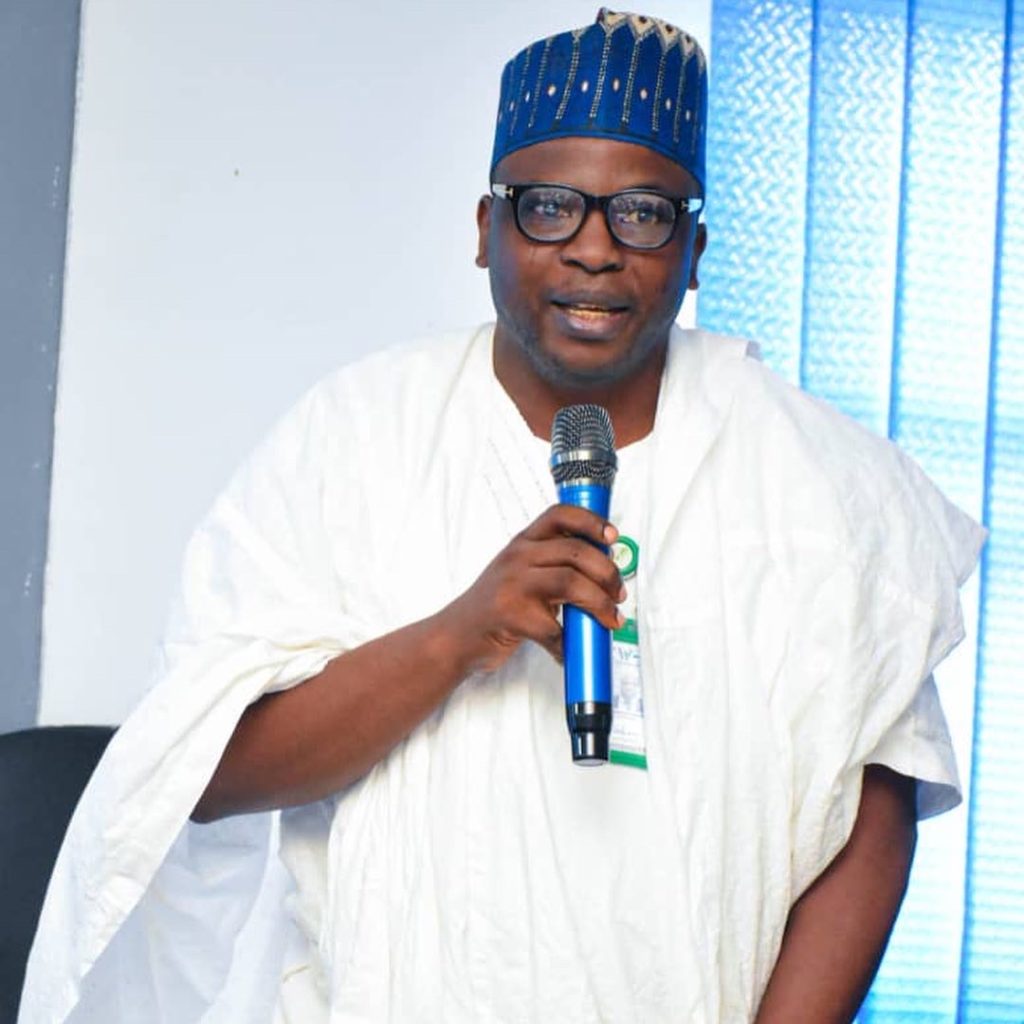
The session fields questions and reactions from participants from all the sixteen Local Government Areas of the State and had in attendance representatives from the Ministry of Local Government and Chieftaincy Affairs, all Revenue Officers from the Sixteen Local Government Areas of Kwara, Management and Staff of Kwara State Internal Revenue Service (KW-IRS).
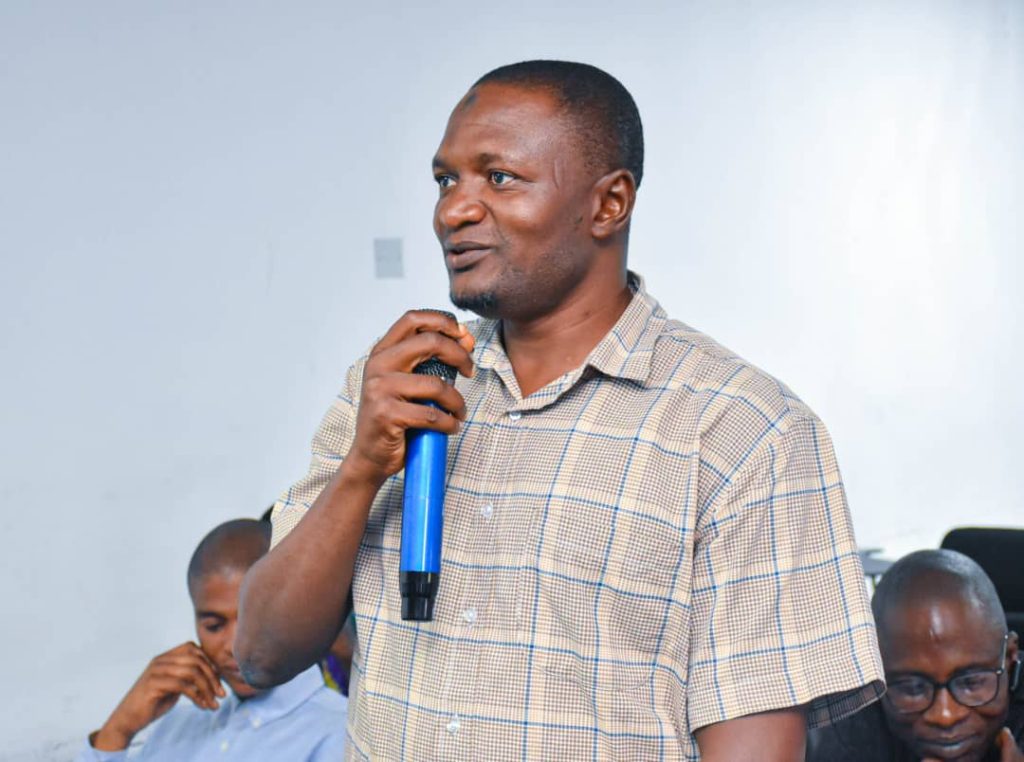
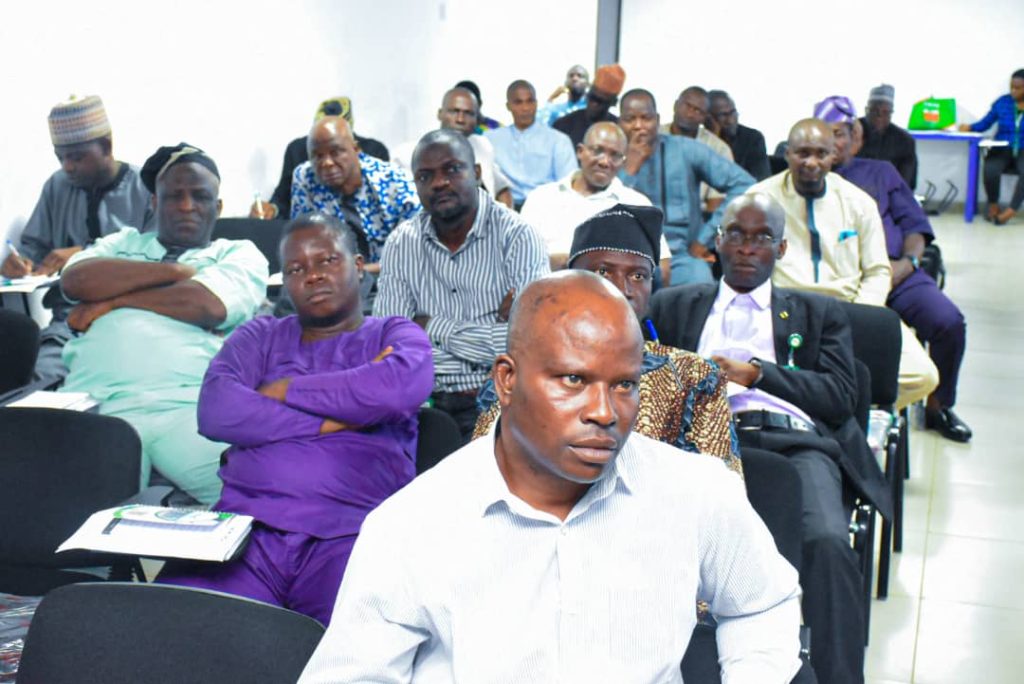
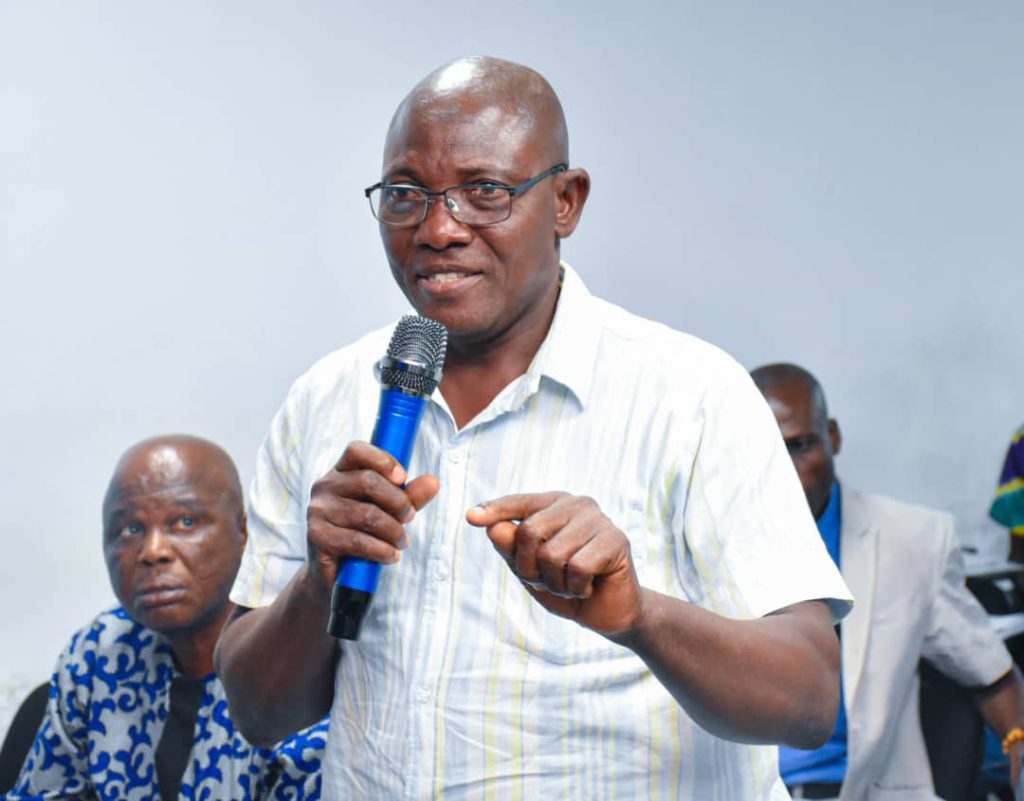
Signed
Corporate Affairs Department, KW-IRS
21/04/2022
